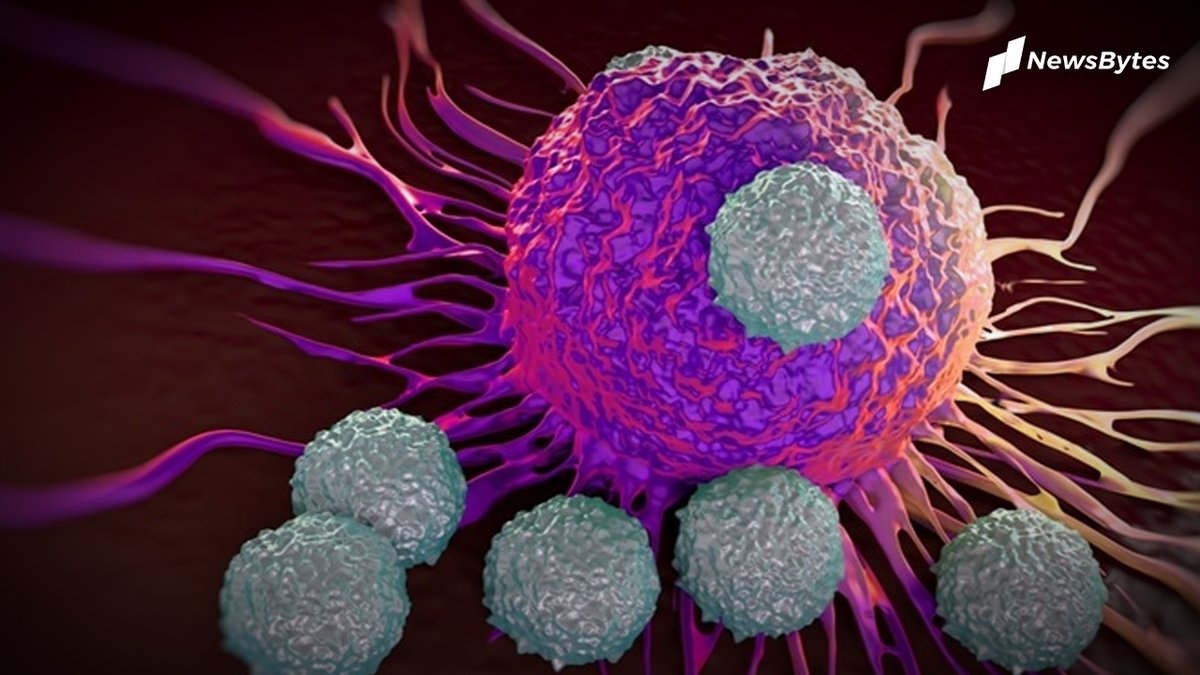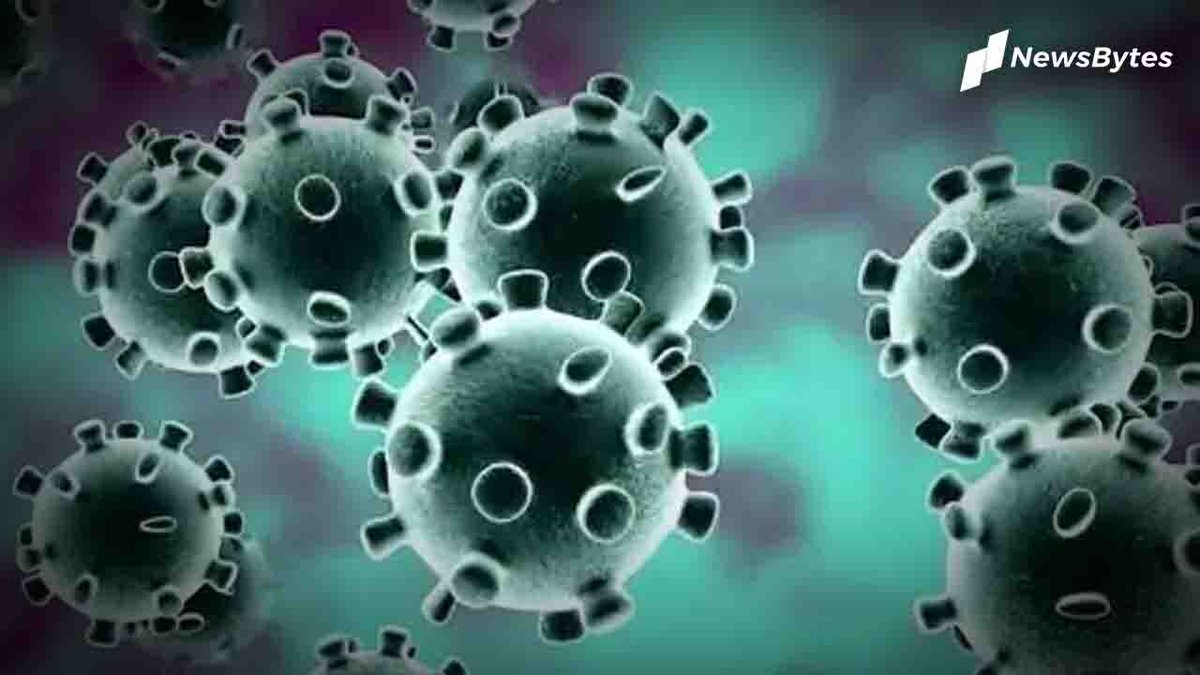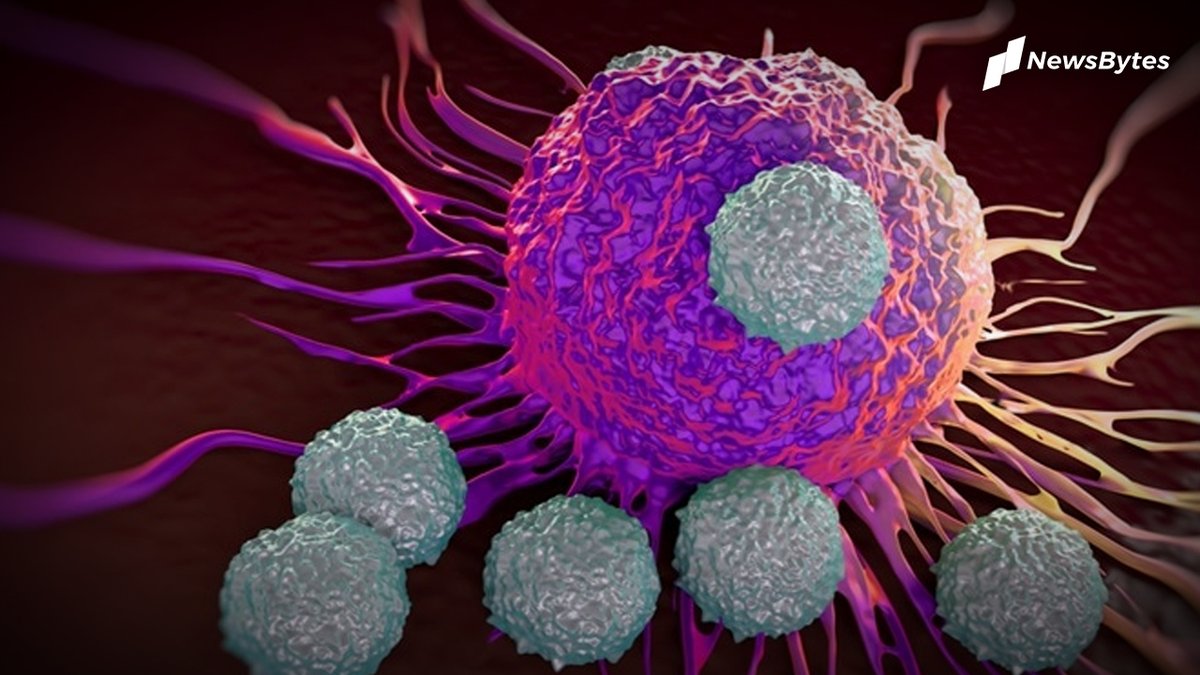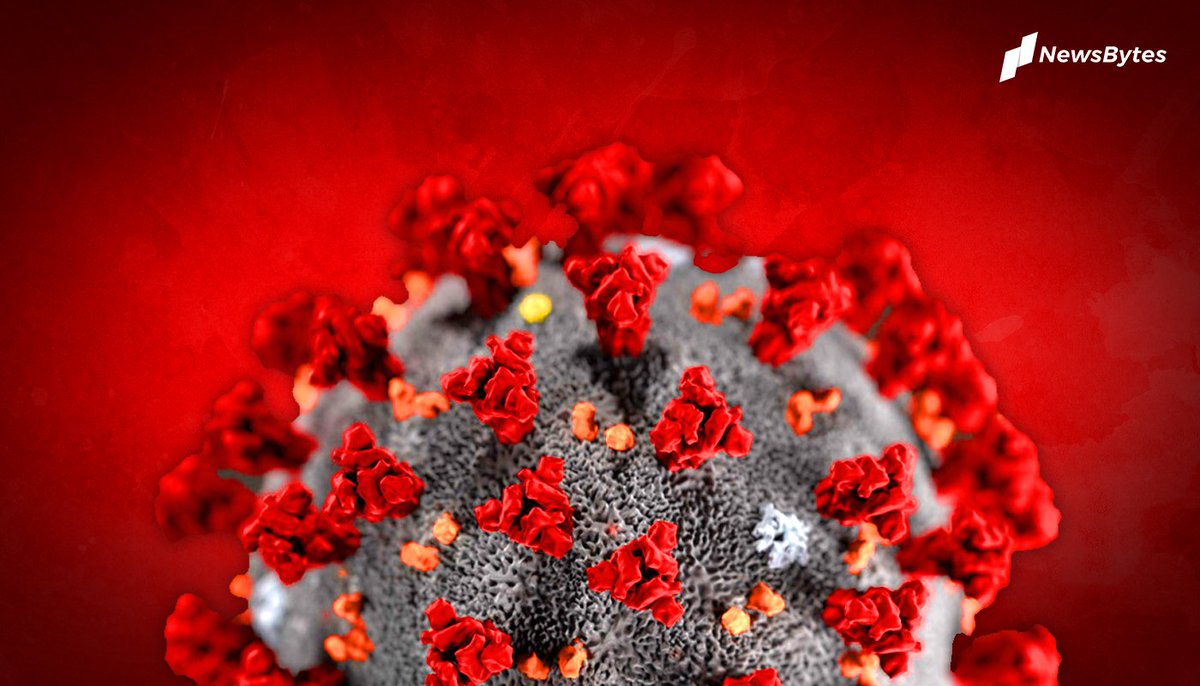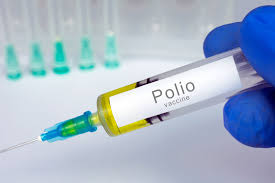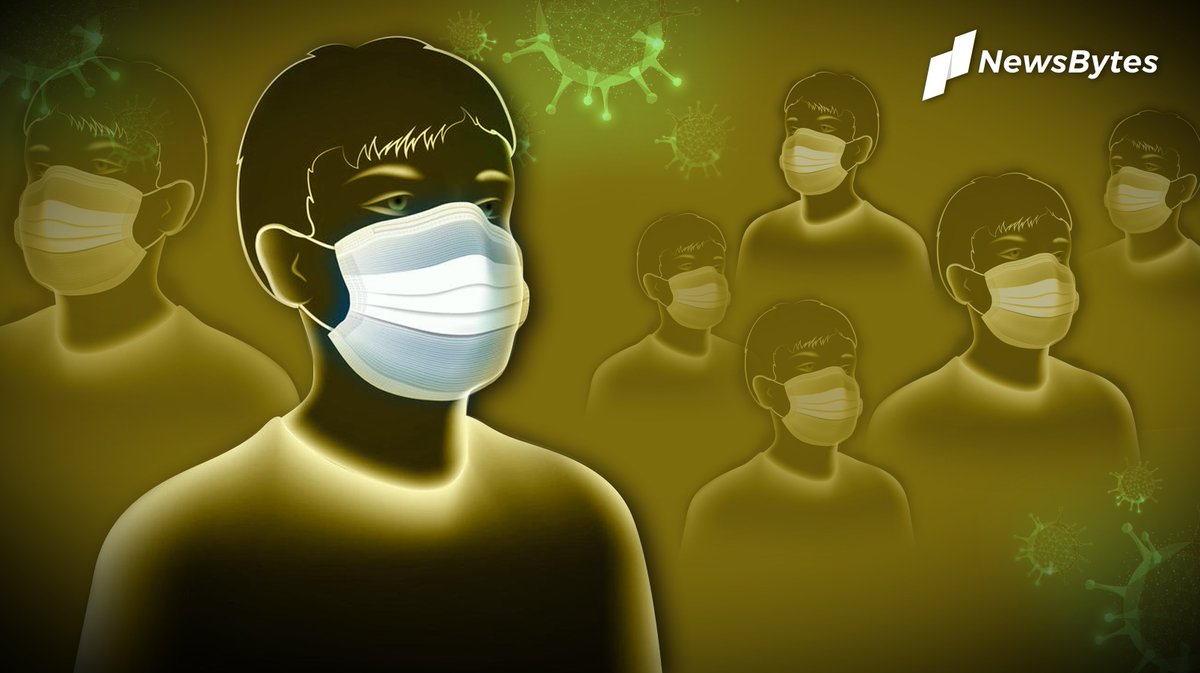Earlier, it was believed that a large number of asymptomatic patients was bad news since people could infect others without knowing that they were infected
However, experts now point out that this may be a good thing https://www.newsbytesapp.com/timeline/science/64422/303302/coronavirus-how-asymptomatic-cases-are-significant">https://www.newsbytesapp.com/timeline/...
However, experts now point out that this may be a good thing https://www.newsbytesapp.com/timeline/science/64422/303302/coronavirus-how-asymptomatic-cases-are-significant">https://www.newsbytesapp.com/timeline/...
According to Monica Gandhi, an infectious-disease specialist at the University of California at San Francisco, asymptomatic infections may hold the key for community-wide immunity or herd immunity against SARS-CoV-2
Antibody surveys conducted so far may have found the presence of antibodies against SARS-CoV-2 in a significant portion of the population, but the number declines over time
Interestingly, these surveys have not accounted for the T cell immunity response
Interestingly, these surveys have not accounted for the T cell immunity response
Scientists believe that T cells, which can last for years, are more important in fighting off an infection and COVID-19 patients rely more on them to recover
A study on coronavirus and T cells compared blood samples from people recovering from COVID-19 with uninfected controls from donors to a blood bank between 2015-2018
T cells present in 40-60% of the old samples recognized SARS-CoV-2 when the virus did not even exist
T cells present in 40-60% of the old samples recognized SARS-CoV-2 when the virus did not even exist
It has been hypothesized that the T cell response in older samples could have originated from previous exposure to similar viruses, such as the coronaviruses that caused SARS and MERS
At the Mayo Clinic in Cleveland, Andrew Badley also studied if existing vaccines could offer a protective effect against SARS-CoV-2
Seven types of recent vaccines were associated with a lower coronavirus infection risk
Seven types of recent vaccines were associated with a lower coronavirus infection risk
A pneumonia vaccine given in the recent past was found to have a 28% reduction in coronavirus risk while polio vaccines had a 43% reduction in risk

 Read on Twitter
Read on Twitter
